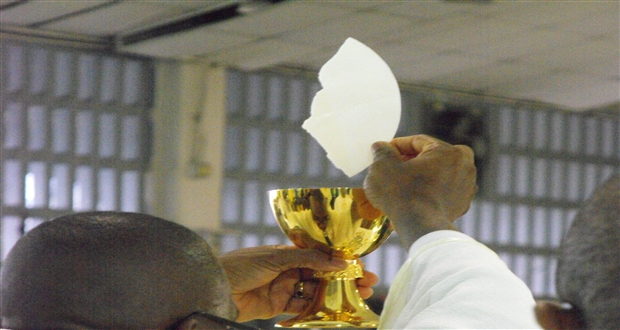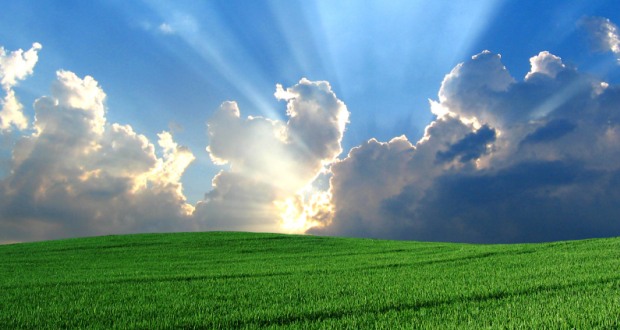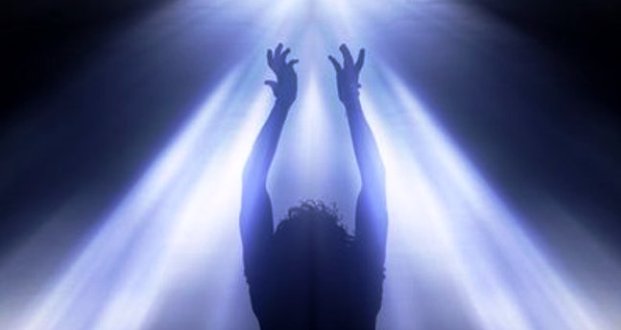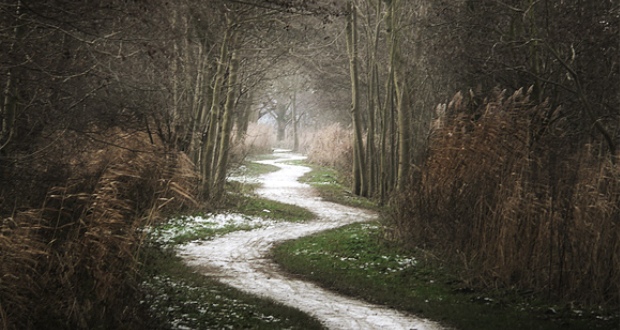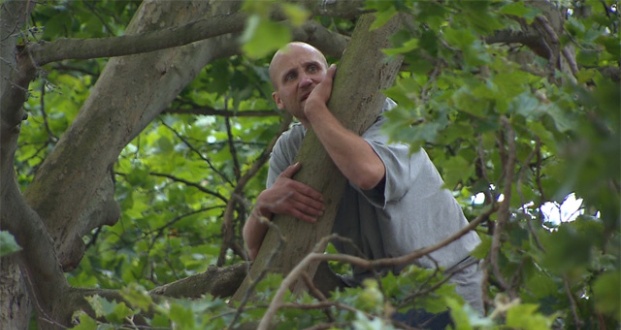Solemnity Of The Epiphany 2016 – A Tale About ‘Immigrants’
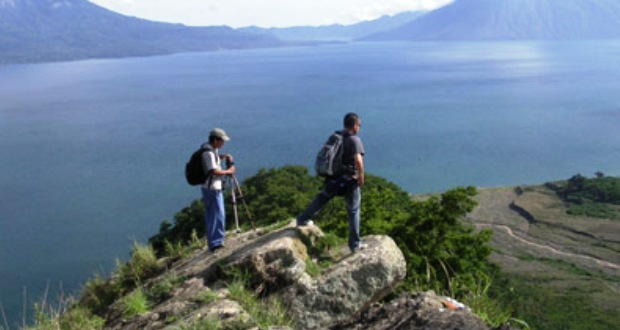
(By Fr. Dexter Brereton)
[simpleazon-image align=”left” asin=”159325282X” locale=”us” height=”375″ src=”http://ecx.images-amazon.com/images/I/415ttJ1PpNL.jpg” width=”246″]The tale of the wise men, the magi, is really and truly the story of immigrants. Having ‘temporarily’ shared in the immigrant experience in Canada from 2006 to 2008 I can say without hesitation, that their story carries many of the features of the story of all those who leave distant lands in search of new opportunities. To begin with, they all come following a star, some dream. It could be a job, or a degree as in my case, or a chance to get married. Then, there is Herod. There is someone, or something always in the receiving culture, that takes the place of Herod. In my case, ‘Herod’ was winter. My first taste of it was rough and due to winter itch I was unable to sleep for many nights. In the case of most of immigrants, Herod would be xenophopbia or racism. It is the lack of sincere welcome that people sometimes experience. Often, like Herod, there are those who pretend to want to help you but have no interest in doing so. In the end, what helps us find our way are the scriptures, holding on to the deepest sources of wisdom from our own home culture, holding on to faith.
Many years ago, preaching on this very Gospel while a student at Regis College in Toronto, I reminded the congregation that they should not be afraid of the ‘immigrant’ among them, since the immigrant, the stranger from afar often came bearing gifts. In recent times, especially in the United States, the subject of immigration has become a very lively one, as it has in Europe where that continent is now being flooded with migrants fleeing civil war in Syria and poverty and misery in sub-saharan Africa. Here too in Trinidad and Tobago, the extreme political crisis unfolding in Venezuela next door has meant that our tiny island has been receiving successive waves of Venezuelans, passing through seeking to make like better for themselves and their families. In a way there is a sense in which one can speak of immigration in the religious sphere as well. I have long been reflecting on the fact that our congregations in the Catholic Church on a Sunday are not religiously pure by any means.
One often finds among our worshippers people of different Christian denominations or even of other religions. From the altar one often sees a sea of humanity of every different hue and complexion, bald-headed, wearing mantillas or sometimes ornis, head-ties or dread locks. All these are signs of the “wise men from the East” among us in worship. They are the outsiders : the “Catholic-Hindu”, the “Catholic-Baptist”, the” Catholic-Anglican”. Some like Herod are “perturbed” by all this yet I continue to be moved by the fact that God has invited all these people to worship. It is believed that the wise men or Magi were also astrologers and scientists. God’s invitation then, is extended not just to people of faith but people of science, in fact to all fields of human endeavour, even people of no faith.
As we enter into this year of Mercy, let us take some time to reflect on precisely what it means to be a Catholic Christian today. What does the Church stand for? What is she supposed to do for the world? In the opening verses of the great conciliar document on the Church Lumen Gentium, the council Fathers of Vatican II declare: “…the Church is in Christ like a sacrament or as a sign and instrument both of a very closely knit union with God and of the unity of the whole human race.” Her role is to serve as a ‘unifier’ of humanity. Let us pray that during this year of mercy, we always remember this, that the Church finds her fulfillment in the unity of society, in helping to unity people of all walks of life in the common struggle to make the world a better place.


